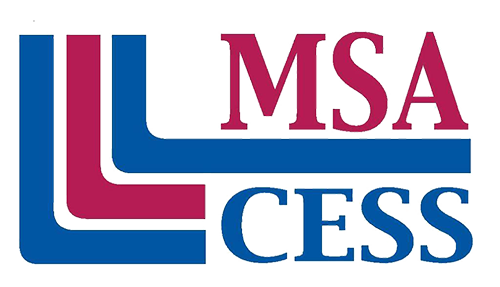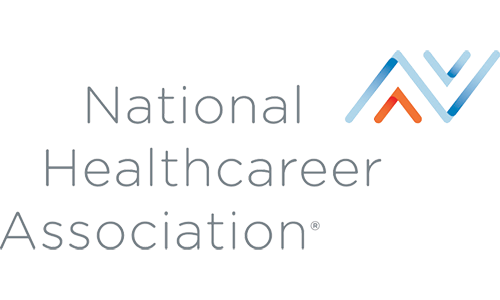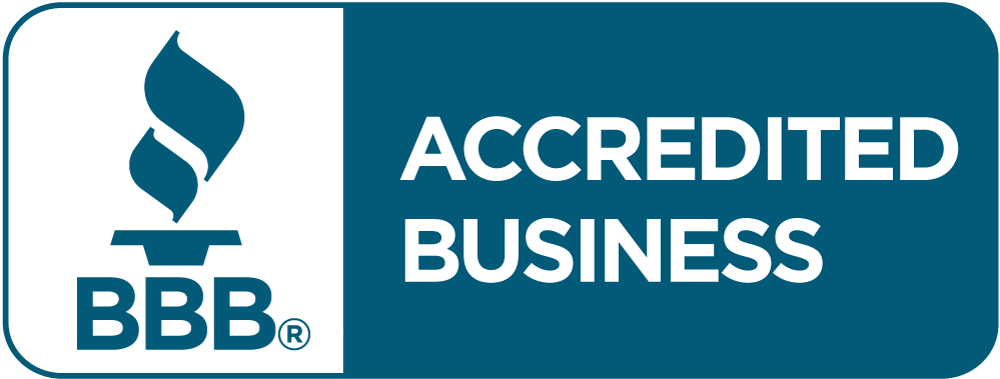Medical Assistants offer great support to doctors and are an essential role in the medical field. Medical Assistants complete a variety of both clinical and administrative tasks and can be employed in hospitals, physicians’ offices, and many other healthcare facilities. Let’s get into some of the typical daily tasks of a Medical Assistant to get a better sense of what they do.
Working As A Medical Assistant
Medical Assistants provide services to both other medical professionals and also patients. They pretty much do it all, from fundamental tasks such as taking patients’ vitals and administering medications, to collecting medical history and even scheduling appointments or processing paperwork. Here are a few more daily tasks/duties of a Medical Assistant:
Clinical
- Assisting doctors in physical exams and minor surgeries.
- Conducting basic lab tests on specimens.
- Drawing blood from patients.
- Giving patients injections or preparing them for x-rays.
- Sterilizing medical instruments and sanitizing examination rooms.
- Performing EKGs and phlebotomy procedures.
- A thorough understanding of medical terminology, anatomy and physiology, medical law and ethics, and HIPAA regulations will be utilized throughout the Medical Assistant’s typical day.
Administrative
- Updating patient electronic health records (EHR).
- Answering the phone and taking messages for doctors.
- Greeting patients.
- Bookkeeping.
- Billing and coding.
- Entering patient information into medical records.
- Scheduling appointments and exams.
As you can tell, Medical Assistants have a wide range of daily tasks and the job requires a diverse skill set. This allows them to work in both the clinical side of the office as well as the administrative side, making them a versatile member of the team.
Schedule & Set-Up
One of the core responsibilities of a Medical Assistant is to review that day’s itinerary and prepare the rooms, equipment, charts, and more for the physicians. Based on the schedule, Medical Assistants are required to set up the examination room for each patient. This includes ensuring that the exam table and equipment are clean, sterilized, and ready to be used on a new patient. This helps maximize the time that the patient is able to spend with the physician, as well as establishing a safe, clean environment for patients visiting the office. Patients can often show signs of stress or discomfort just coming to a doctor’s office; by ensuring the practice is kept in order and the doctor has the tools and materials at their disposal to effectively care for a patient, Medical Assistants keep the practice running as quickly and as efficiently as possible.
Taking Vitals
One role that many commonly associate with a Medical Assistant is prepping the patient for their visit with the physician by taking vital signs and other measurements. Medical Assistants take blood pressure, temperature, height, weight, and more to update patient history and note any irregularities. This initial screening goes straight onto the patient chart, preparing the physician with a glimpse into their overall health.
In addition to having a firm understanding of what healthy vitals look like for different age groups and populations, Medical Assistants should be familiar with medications, their side effects, and common health issues that may be affecting their patients. Doctors will often rely on Medical Assistants to collect information about any potential allergies the patient may have, current prescriptions, and basic information about medical history. This helps the doctor to get insight into their current state of health and saves time in diagnosis.
Key Qualities of a Medical Assistant
Since Medical Assistants have a variety of tasks day-to-day, they need to be well-rounded when it comes to their skill set. Medical Assistants must be detail-oriented, able to communicate effectively with doctors and patients, and have solid analytical and technical skills.
A good understanding of medical charts, the ability to use basic clinical instruments, strong communication skills, and attention to detail are all essential skills of a Medical Assistant.
According to the NHA Industry Outlook, here is what employers look for in a Medical Assistant:
- Certification (87% of employers require or prefer this for MAs)
- Clinical Experience
- Patient Communication
- Critical Thinking
- Professionalism / Soft Skills
- Time Management
Where Can Medical Assistants Work?
According to the U.S Bureau of Labor Statistics, Medical Assistants often work in physician’s offices, hospitals, outpatient clinics, and more. Let’s go into depth about the types of environments Medical Assistants can work in.
Physicians Offices
Many Medical Assistants work at a physician’s office or clinic. Medical Assistants that work in physicians’ offices may have the responsibility of both clinical and administrative tasks.
Hospitals
Many Medical Assistants also choose to work in a hospital setting. Hospitals are open 24/7 and Medical Assistants could work at any time of the day. Working in a hospital setting is typically more high pressure because of the emergency services they provide.
Nursing Homes
Elderly people typically need more assistance, therefore Medical Assistants are able to put all of their skills to use in a nursing home. Medical Assistants will help residents with their daily tasks such as hygiene, helping them into their wheelchairs, and providing first aid for them. Nursing homes actually hire a lot of Medical Assistants rather than physicians since most of the residents aren’t sick and have their own primary doctors.
Chiropractic Offices
Medical Assistants in chiropractic offices will typically perform more administrative tasks since this type of practice does not require many clinical procedures. Medical Assistants who are organized and enjoy interacting with people would find working in a chiropractor’s office very pleasant.
Outpatient Facilities
Medical Assistants can work in outpatient facilities which are different from both hospitals and clinics. These are medical offices and can provide psychiatric outpatient care. Typically outpatient facilities don’t require an overnight stay and Medical Assistants usually perform both administrative and clinical tasks. Outpatient facilities are less stressful than hospitals and tend to be open 7 days a week.
OB-GYN Office
If you are a Medical Assistant interested in working at a women’s health office, an OB-GYN office would be best for you. The Medical Assistant will have to perform many clinical tasks like taking patients’ vitals and keeping accurate records. MA’s will also have some administrative tasks such as scheduling appointments and answering patient questions. The hours here will be more regular than working in a hospital.
Pediatric Office
If you enjoy working with children, becoming a Pediatric Medical Assistant might be the right choice for you. Working with children requires a high level of compassion and patience, especially when dealing with anxious or non-cooperative young patients. Being able to communicate with children and parents effectively is a must.
Learn More About Our Medical Assistant Certification Program
At ACI Medical & Dental School, our faculty and administration are committed to your success, and our affiliation agreements with major New Jersey hospitals, doctor offices, and clinics provide students with internship and future employment opportunities. If you are interested in enrolling in ACI Medical & Dental School’s Medical Assistant Certification program, contact us today and take the first step towards an exciting, in-demand new career!








